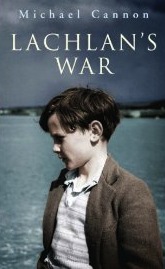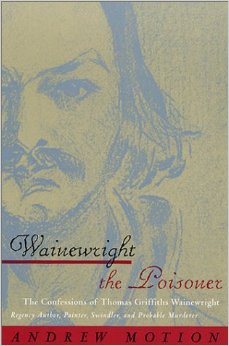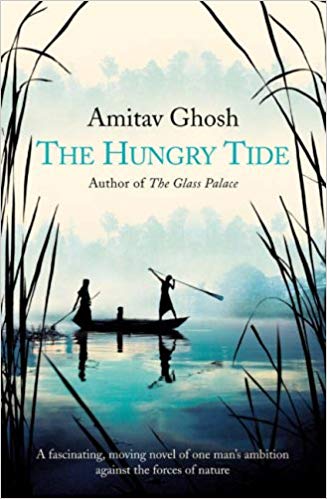(Published in The Tablet, 5 August 2006)
Dr Lachlan McCready, the eponymous hero of Scottish writer Michael Cannon’s third novel, is the much-loved doctor in a small fishing village, Rassaig, on the west coast of Scotland in 1941. For those who remember the popular television series of the 1960s, Dr Finlay’s Casebook, there is a resemblance between the programme’s benign, elderly Dr Cameron, and Lachlan McCready: both tend their community with humour and wisdom. But this bold, readable novel soon develops in darker and more complex ways than Dr Finlay ever attempted.
After a complicated journey, a Jewish refugee boy, Franz, turns up in the village and Lachlan gives him a home. At the same time three English girls, working on farms to help the war effort, are billeted in the area. The locals gossip salaciously about them.
Cannon is a natural storyteller and he explores Lachlan’s past, including service as a doctor in the First World War, particularly convincingly.
Cannon has the ability both to expose, and to sympathise with, human frailty. He writes intensely about sexual and religious passion, and his judgement of religious fundamentalism is acid sharp, embodied here in the figure of “Gavin Bone, Elder of the Free Presbyterian congregation”, and hater of all the village Catholics. Cannon makes a fascinating investigation of the conflict between a Presbyterian and a Catholic view of the world, as it is lived out in a small village.
If there is a flaw in this short novel it is its ambition: there are just too many characters and incidental plots. Lachlan’s War is attempting to be too many different kinds of novel: it is historical, psychological, a novel of ideas, and a novel of place. Occasionally, too, the author’s style runs to melodrama.
That said, it runs along at a cracking pace. The stories within stories keep the reader alert and interested, if sometimes frustrated that the central characters are not getting their share of attention. When the focus shifts briefly to Franz’s background in Prague, we feel alienated, and not close enough to care that much. It is Rassaig that provides the strange, sometimes macabre and primitive atmosphere that gives such a rich texture to the narrative.
The story concludes on an uplifting and moving note of change and acceptance, with Lachlan’s reflections placed rightly at the centre:

“Only fools, or those who read too much, fail to take consolation from the texture of the everyday.”


